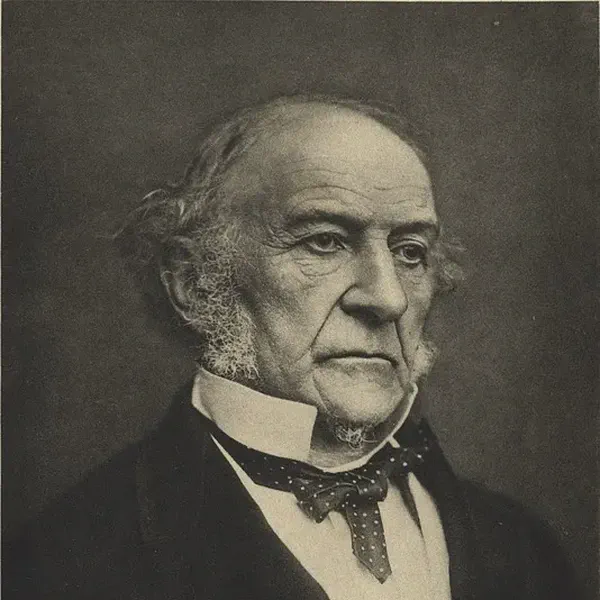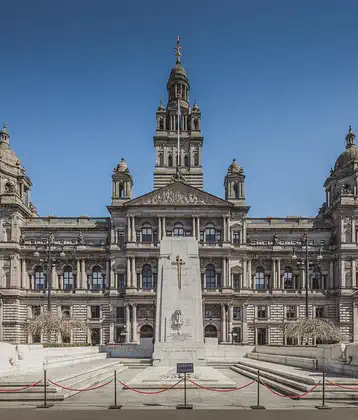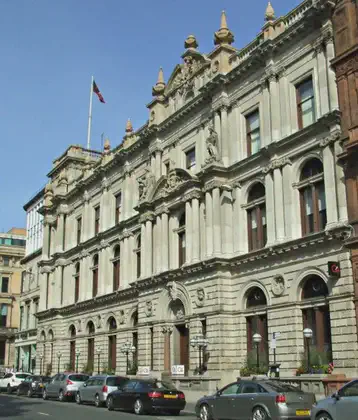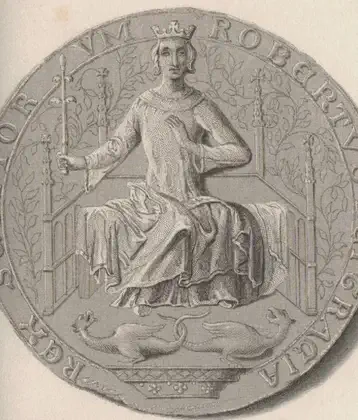On March 02, 1871 in Celtic History
Gladstone gives his first speech in the house of commons on home rule

William Ewart Gladstone FRS FSS (29 December 1809 – 19 May 1898) was a British statesman and Liberal politician. In a career lasting over 60 years, he served for 12 years as Prime Minister of the United Kingdom, spread over four non-consecutive terms (the most of any British prime minister) beginning in 1868 and ending in 1894. He also served as Chancellor of the Exchequer four times, for over 12 years.
Gladstone was born in Liverpool to Scottish parents. He first entered the House of Commons in 1832, beginning his political career as a High Tory, a grouping that became the Conservative Party under Robert Peel in 1834. Gladstone served as a minister in both of Peel’s governments, and in 1846 joined the breakaway Peelite faction, which eventually merged into the new Liberal Party in 1859. He was chancellor under Lord Aberdeen (1852–1855), Lord Palmerston (1859–1865) and Lord Russell (1865–1866). Gladstone’s own political doctrine—which emphasised equality of opportunity and opposition to trade protectionism—came to be known as Gladstonian liberalism. His popularity amongst the working-class earned him the sobriquet “The People’s William”.
Gladstone instituted abolition of the sale of commissions in the army: he also instituted the Cardwell Reforms in 1869 that made peacetime flogging illegal. In 1870, his government passed the Irish Land Act and Forster’s Education Act. In 1871 his government passed the Trade Union Act allowing trade unions to organise and operate legally for the first time (although picketing remained illegal). Gladstone later counted this reform as one of the most significant of the previous half century, saying that prior to its passage the law had effectively “compelled the British workman to work…in chains.”
In 1871, he instituted the Universities Tests Act. He secured passage of the Ballot Act for secret ballots, and the Licensing Act 1872. In foreign affairs his over-riding aim was to promote peace and understanding, characterised by his settlement of the Alabama Claims in 1872 in favour of the Americans. During this time, his government gave approval to launch the expedition of HMS Challenger at a time when public interest had turned away from scientific explorations. His leadership also led to the passage of the Supreme Court of Judicature Act 1873 restructuring the courts to create the modern High Court and Court of Appeal.
More From This Day

The Queen officially inaugurated Glasgows year as Cultural Capital of Europe
March 02, 1990

Birth in Dublin of Cyril Bentham Falls, military historian and journalist
March 02, 1888


John Gore, Baron Annal, lawyer, politician & Chief Justice of the Kings Bench, is born
March 02, 1718

Birth of Robert II of Scotland ensures royal succession of Robert the Bruce
March 02, 1316